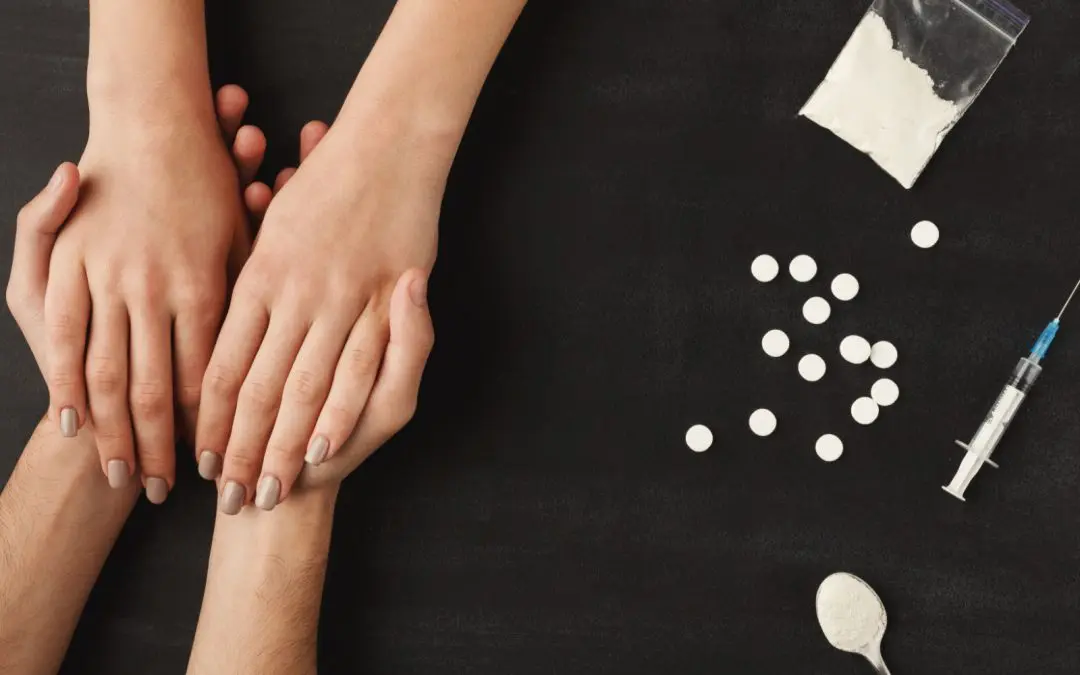24/7 Helpline:
(866) 899-221924/7 Helpline:
(866) 899-2219
Learn more about Residential Rehab centers in Clearwater County

Other Insurance Options

MVP Healthcare

Meritain

Sutter

Carleon

Humana

Magellan

Sliding scale payment assistance

Horizon Healthcare Service

Health Partners

PHCS Network

Regence

Premera

Excellus

Covered California

Highmark

Coventry Health Care

Amerigroup

Access to Recovery (ATR) Voucher

Aetna

Group Health Incorporated

Central Minnesota Mental Health Center
Central Minnesota Mental Health Center is a private rehab located in Elk River, Minnesota. Central M...

Riverplace Counseling Center
Riverplace Counseling Center is a private rehab located in Elk River, Minnesota. Riverplace Counseli...

New Beginnings – Elk River
New Beginnings is a state licensed, alcohol and drug treatment facility. The facility offers outpati...

Fairview Recovery
Fairview Recovery is a private rehab located in Elk River, Minnesota. Fairview Recovery specializes ...










A to Z Family Services – Orofino
A to Z Family Services – Orofino is a private rehab located in Orofino, Idaho. A to Z Family Service...

New Beginnings – Evening Outpatient
New Beginnings is a state licensed, alcohol and drug treatment facility. The facility offers outpati...

































